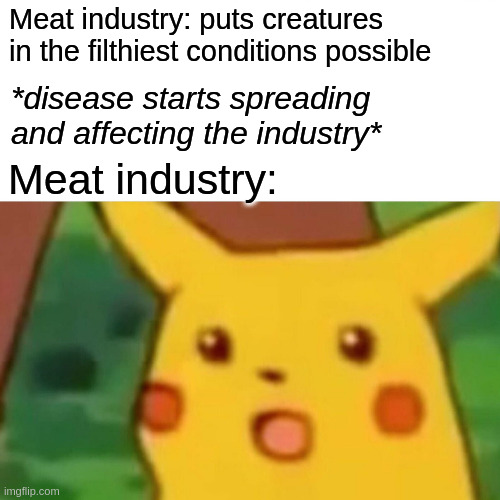this post was submitted on 22 May 2024
1079 points (97.4% liked)
Memes
45727 readers
880 users here now
Rules:
- Be civil and nice.
- Try not to excessively repost, as a rule of thumb, wait at least 2 months to do it if you have to.
founded 5 years ago
MODERATORS
you are viewing a single comment's thread
view the rest of the comments
view the rest of the comments

It is in part a consumer issue. Consumers want things as cheaply as possible, and companies that produce as cheaply as possible sell more product. We've seen the same issue with apparel; America wants cheap clothing, and so the mills in the US have largely closed, and most production has been moved overseas in order to make the final products cheap enough.
And while it's partly a consumer issue, the fact that wages haven't kept up with productivity--that is, more and more money is being skimmed out of the system by investors and executives rather than going to the workers--has been the driver towards making consumer goods more and more cheaply, simply because people have less purchasing power.
Just because something is expensive doesn't always mean that the standard of living of those making the product is any better. Nike sweat shops for example.
Consumers dont have a lot of transparent choices here. Governments have roles in regulating and making the true cost of products more transparent. I'd say businesses have that responsibility, but clearly that doesn't work, otherwise we wouldn't be here etc. Businesses dont want people feeling guilty when they buy their product, so why would they tell people.
For a business to be competitive in a harm free supply chain, then the playing field needs to be levelled. Transparent supply chains everywhere, make everyone feel guilty all the time, maybe something would change.
Oh, absolutely. But when mills, etc. are in the US, there's more direct control over the living conditions of the workers.
Then people just tune it all out, and learn to accept the inherent violence of the system. Sadly.